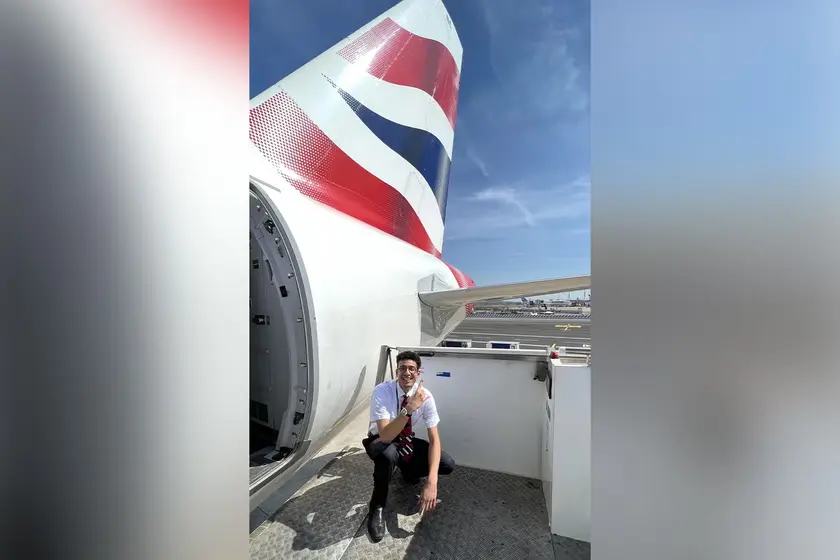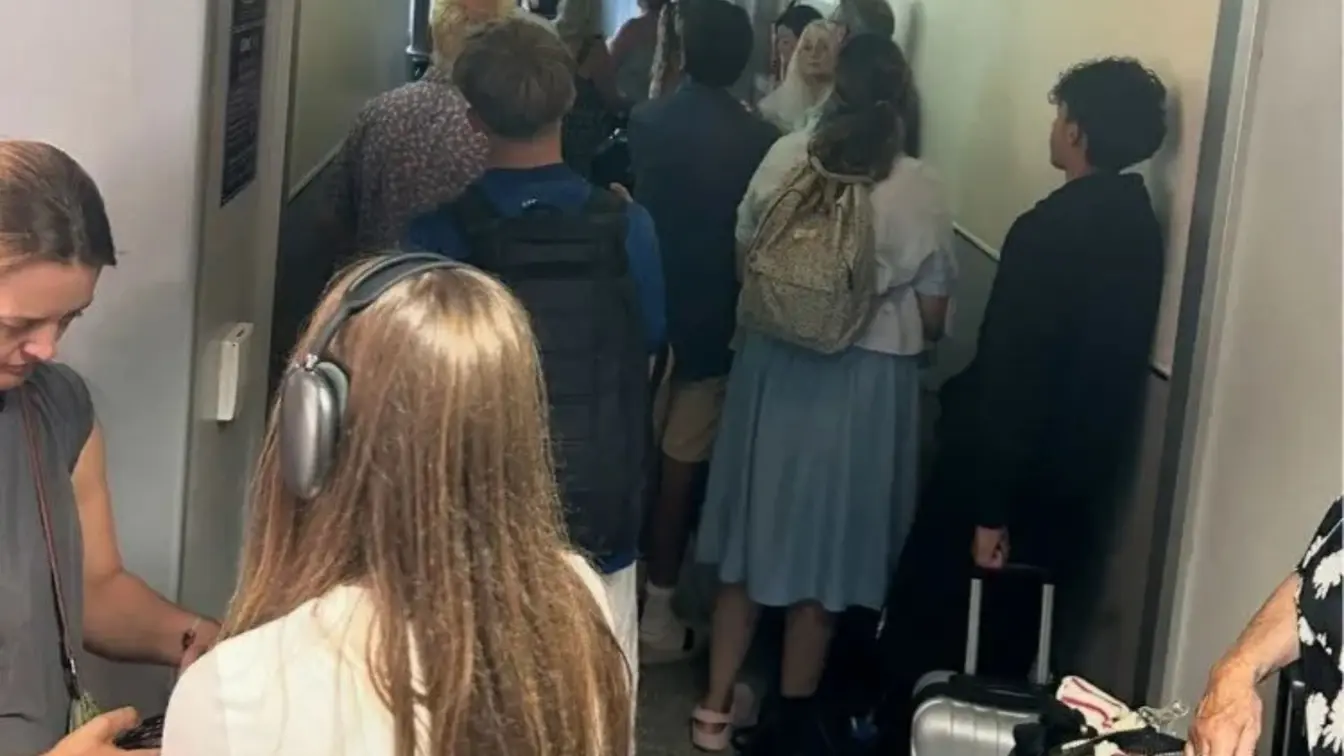T4K3.news
Home Office orders cabin crew member to leave UK
Shady El Farra, a 28-year-old British Airways employee, faces removal after a private life visa decision.

Shady El Farra faces removal after a private life visa decision, highlighting tensions between immigration policy and talent retention.
Home Office orders cabin crew member to leave UK
Shady El Farra, a 28-year-old Egyptian national, arrived in the UK in 2016 to study and later built a career with British Airways after gaining a graduate visa in 2021. In November 2024 his application for a private life visa was refused, ending his ability to stay in the country where he trained and worked. Officials told him to integrate into life in Egypt, a country he has not lived in since birth, and the decision suggested he could support himself in India, a country with no relevance to his case. He had already handed over his passport during the process, restricting his travel while BA had to reassign him to trainer duties as he waited for a tribunal to resume the case.
The case exposes a clash between immigration rules and real career paths. Although he is allowed to seek work during the tribunal, the threshold for a skilled worker visa remains high, with a salary requirement of 41,700 pounds. The Home Office has not publicly explained the logic behind some parts of the decision, and El Farra’s family says the outcome feels unfair given his ties to the UK. The story sits amid broader debates about international students, post-study work routes, and how Brexit-era changes affect long-term residence. It also raises questions for employers who rely on international staff in sectors such as aviation.
Key Takeaways
"I’ve worked in the UK, studied in the UK, and now I’m being told I have no future here."
Shady El Farra on the impact of the decision
"It’s like a robot has written it."
Describing the Home Office letter
"He loves Britain and wants to make a good life here."
Family sentiment
"The UK should take talented people, use them, and keep them in the system."
Father’s comment
The case highlights how policy rigidity can collide with lived lives. Visa rules are meant to steer talent where it is most needed, but ambiguity and inconsistent letters from government offices can erode trust in the system. That erodes not just one person’s future but the confidence of employers who depend on steady access to skilled workers.
Policy makers face a choice between tightening borders and preserving the economic value of international workers. A more humane approach would offer clear, predictable channels for those with real UK ties and professional track records, rather than prolonging uncertainty. Without that balance, the country risks losing talent to rivals and weakening sectors that rely on experienced staff.
Highlights
- I’ve worked in the UK and studied here, and now I’m told I have no future.
- It feels like a decision written by a robot.
- He loves Britain and wants to make a good life here.
- The UK should take talented people, use them, and keep them in the system.
Immigration policy risk
The case shows how rigid visa rules can cause personal hardship and disrupt staffing in critical sectors. It also signals potential political sensitivity and public reaction to policy decisions.
Policy clarity matters when skilled workers face abrupt legal limbo.
Enjoyed this? Let your friends know!
Related News

Merseyside jails 66 criminals in July
Documentary Investigates Iconic Vietnam Photo Controversy

Chipotle faces labor tensions

Polling shows British support for strict anti-immigration policies

Drug gang linked to £5m haul and £140m cocaine plot

Mother fights to save her daughter from mental illness

Queen Camilla on Tory donor yacht tests royal neutrality

UK government bans Palestine Action amid rising support
